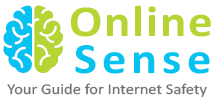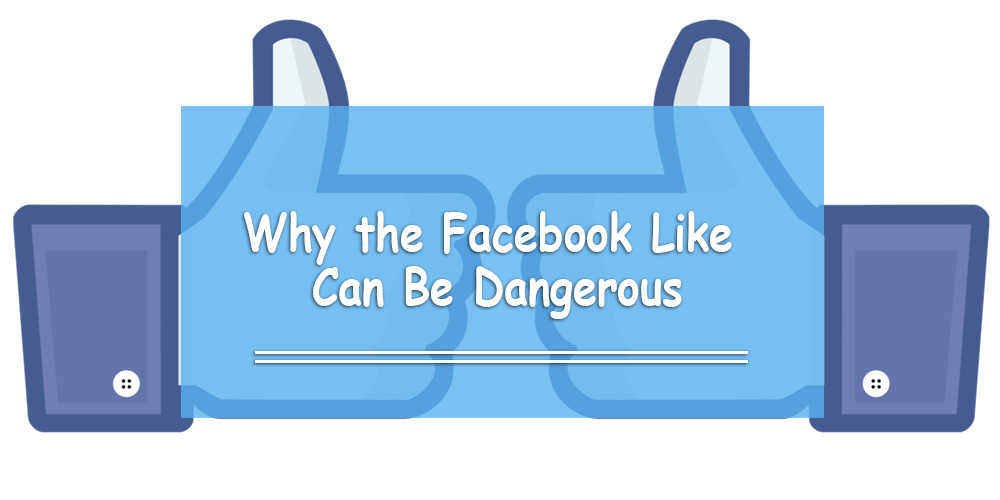The Facebook like button is arguably the most recognized social media currency ever created. It’s something that you have probably done at least a dozen times today already. But I’ll bet you didn’t know just how much Facebook knows about you based on your Facebook likes.
Why Do You Like Facebook Posts?
People innocently click the Facebook like button (or in some cases, click a different Facebook reaction) because it is an easy way to give people positive feedback and let them know you enjoyed their post without leaving a comment.
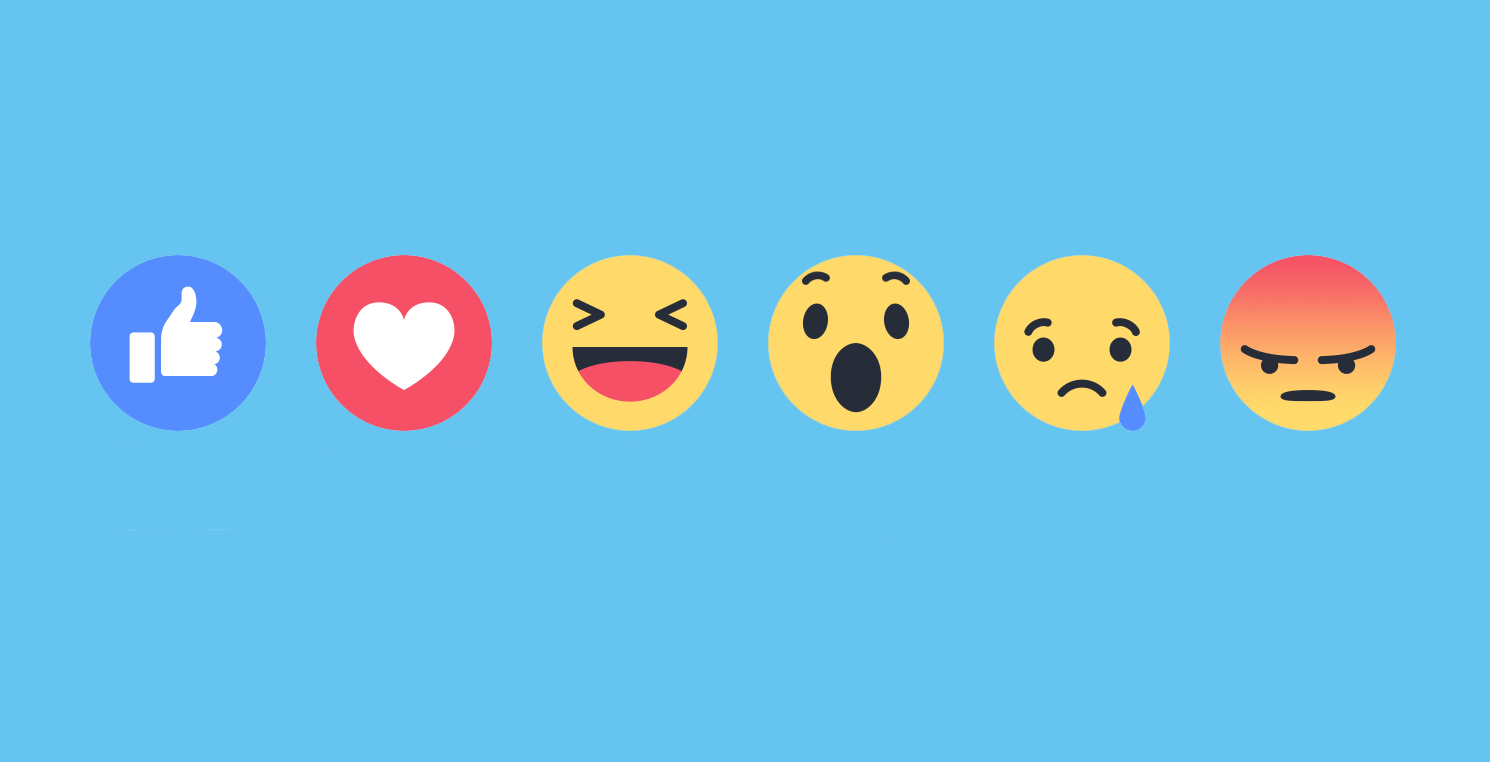
What No One Tells You about Facebook Likes
Facebook is, first and foremost, a social media platform. However, it is also a data collection platform. You may not realize it when you do it, but when you like a post it tells Facebook that you want to relate to that post. As you like more posts, Facebook knows more information about you… even if you didn’t disclose it on Facebook!
In a study of more than 58,000 people who made their likes public through a Facebook app, the United States’ PNAS (Proceedings of the National Academy of Sciences) found that Facebook was able to predict someone’s political views, race, religion, gender, age, intelligence, habits, and other personality traits. (Again, this is just based on what people liked!)
Furthermore, the authors of the study suggested that computers are able to better detect someone’s personality judgments… even if a human claims something different. In other words, it’s not just about what you post; rather it’s about what you ‘like’ and react to, as well.
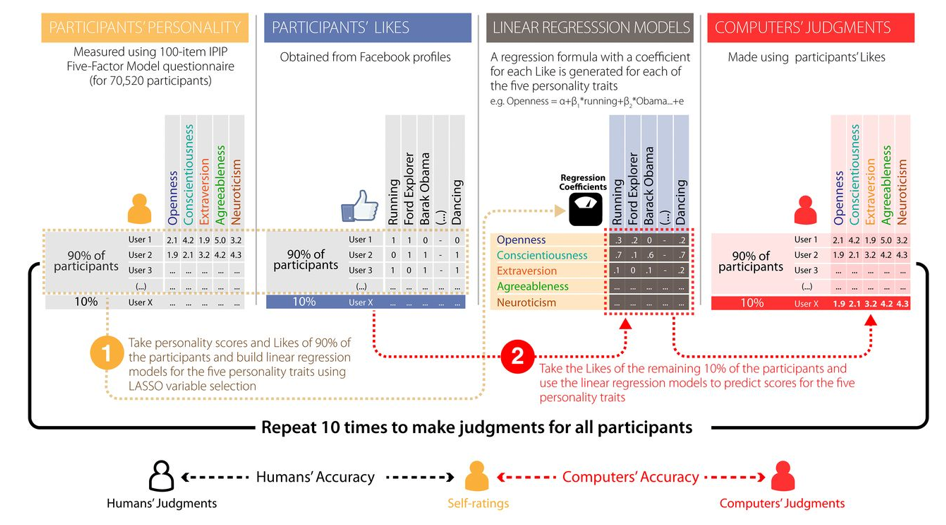
Source: PNAS (2015)
How Can This Information Be Used?
The most obvious thing your personal information can be used for is for online advertising. Facebook – along with its sister companies like Instagram and WhatsApp – collect information about their users and promise advertisers effective targeted advertising on their respective newsfeeds. In other words, not everything in your newsfeed is based on what you like; rather it is based on what Facebook thinks you like (based on what advertisers think you like and based on what you’ve liked in the past).
However, because Facebook practically knows everything about you, people outside of the advertising industry can learn things about you, as well.
Bank Loans
As pointed out by Evgeny Morozov (a scholar of the implications of technology and social media), companies can use this data to determine other things. For example, several startups help banks predict one’s credit history and eventually decide whether someone is worthy of a bank loan!
What Do We Do Now?
The first reaction people might do about this is to stop liking things on Facebook. However, if you have been using Facebook for years (like most people who have an Internet connection), it’s going to be very difficult to do that.
Why? Because we like liking! Research shows that Facebook likes actually tap into the human brain’s pleasure center; this area processes the same rewarding feelings for things like food, money, and social acceptance. The greater the intensity of our Facebook use, the greater the reward and the harder it is to stop the urge to press the like button (or to check Facebook if you receive likes).
We’re seeing it happen now more than ever: people from all generations try to eliminate any evidence that they ‘like’ certain things. They go to their activity logs and attempt to remove their reactions so that Facebook doesn’t know what they like/don’t like.
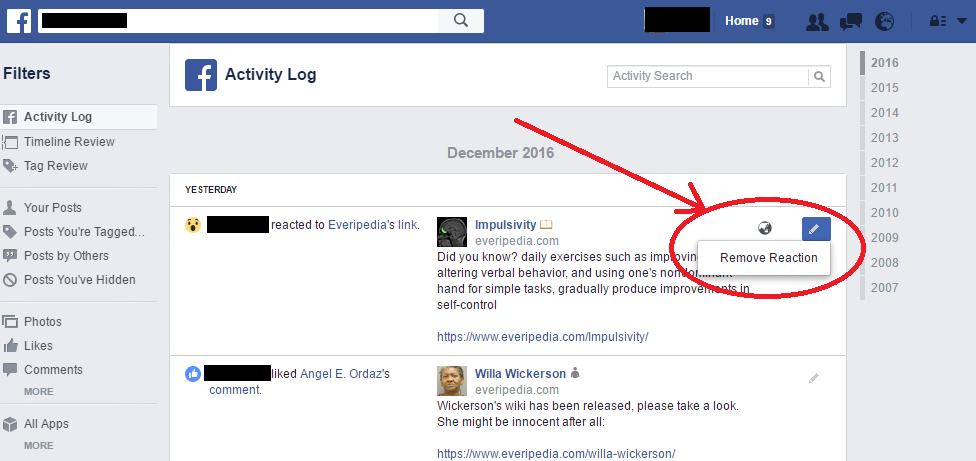
Aside from that, it’s always best to prevent a social media platform from knowing too much about you. Think twice before you like something on Facebook.
Over to You
What are your thoughts on Facebook likes? Are they dangerous? How do you think
